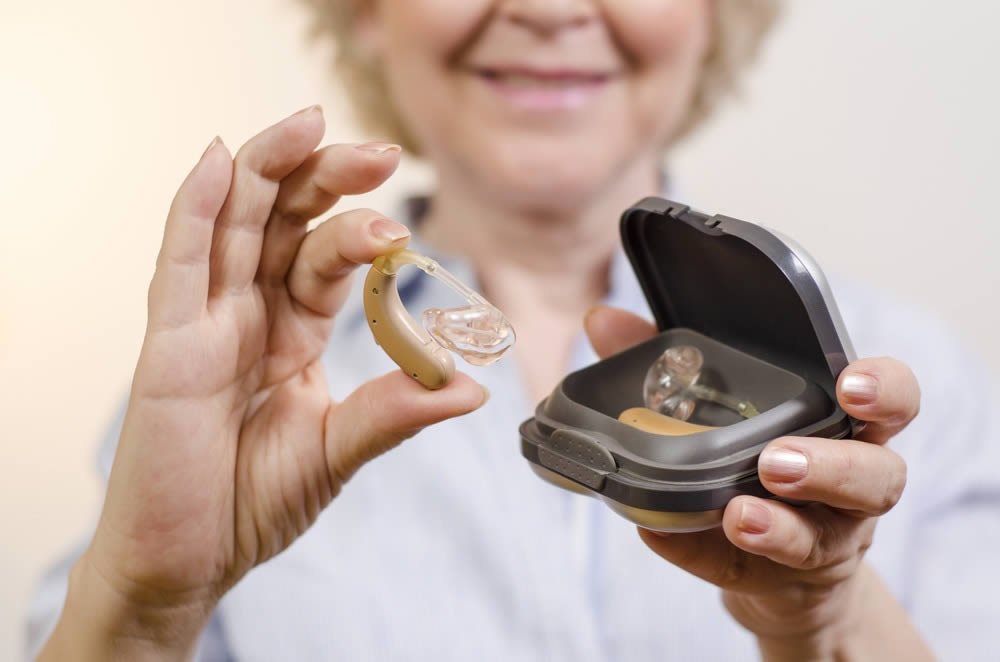What Is Ototoxicity?
Certain medicines damage the ear and may cause hearing loss or balance issues. These ototoxic drugs, also known as ototoxins, include treatments for cancer, heart disease, infections and other serious health conditions. Ototoxicity occurs when these medications poison the ear.
There are certain medicines that can damage the ear and lead to hearing loss or even balance issues. They are called ototoxic medicines, or ototoxins, and include drugs that treat cancer, heart disease, infections, and other serious health issues. Ototoxicity is the reaction which occurs when these medications cause ear poisoning.
What Are the Symptoms?
The inner ear contains the cochlea, the auditory nerve, and the vestibular nerve. Ototoxicity symptoms vary depending on which part of the ear is affected. Symptoms may appear gradually or develop suddenly. The first sign is usually tinnitus, which may feel like ringing, buzzing, hissing, or humming sounds in your ears.

Depending on the part of the ear that is affected, other symptoms which may develop include:
- Dizziness
- Loss of movement coordination
- Oscillating vision
- Feeling of fullness inside the ear
- Hyperacusis (increased sensitivity to sound at various volumes and frequencies)
- Hearing loss either in one of both ears
Hearing loss may go unnoticed until day-to-day conversations become challenging due to difficulty understanding speech.
How Can Medication Cause Ototoxicity?
The mechanisms through which ototoxic medicine hurts the ear are not fully understood. Some drugs damage sensory cells in the inner ear, which control hearing and balance, while others affect the auditory nerve, which transmits sound signals to the brain.
Hearing loss from sensory cell or auditory nerve damage is called sensorineural hearing loss, which is typically permanent. However, some medications cause temporary hearing loss.
Which Medications Can Be Ototoxic?
Aspirin
As long as it is taken in its correct dose, aspirin is highly unlikely to cause side effects. However, if taken in a large dose or an overdose, aspirin can sometimes cause tinnitus, dizziness, and nausea.

Antibiotics
The group of antibiotics which can lead to hearing loss is called aminoglycosides, including:
- Gentamycin
- Streptomycin
- Neomycin
They are often used to treat serious or life-threatening conditions and are capable of causing permanent damage to your hearing. In case you have been prescribed an antibiotic from this group, you should ensure that you have been made aware of the possible side effects.
Cytotoxic drugs
Drugs used to treat cancer, or cytotoxic drugs, are designed to destroy cells or prevent their regrowth. This is why they attack healthy cells as well as cancerous ones and can cause various undesirable side effects.
The types of cytotoxic drugs that can cause damage to your hearing include:
- Carboplatin (mainly used to treat ovarian and lung cancer)
- Cisplatin (predominantly used for ovarian, testicular, lung or bladder cancer)
- Oxaliplatin (usually used to treat bowel cancer)
Diuretics
Diuretics are medicines used to treat issues such as heart or kidney failure, as well as some liver diseases. Only a type which is called ‘loop’ diuretics can cause hearing loss (as far as we know), and they are usually only ototoxic if taken in large doses in situations where a patient’s life might be in danger.

Antimalarial drugs
Some antimalarial medicines (called chloroquine and quinine) can cause hearing loss, but there isn’t a substantial amount of evidence around this yet. The risks may potentially be bigger if the patient actually has malaria and is prescribed a higher dosage in order to treat the disease.
What Treatment Options Are Available?
The most effective treatment for ototoxicity is, of course, to stop taking ototoxic medication. Your doctor can either reduce the dosage prescribed or change the medicine altogether. This often helps reverse the side-effects. In case you can not stop taking the medicine or have the dose changed, you will need an audiologist’s help to manage your hearing and balance issues through other treatments. In case serious ear damage is present, you may need:
- Amplification device/FM system
- Balance therapy
- Cochlear implant
- Hearing aid

If you are worried you might be suffering from ototoxic hearing loss, you might benefit from one of our free hearing tests. We utilise the latest diagnostic technology in the field to provide a comprehensive assessment of your hearing system and establish a clear, precise diagnosis. Click here to book your free hearing test today!






